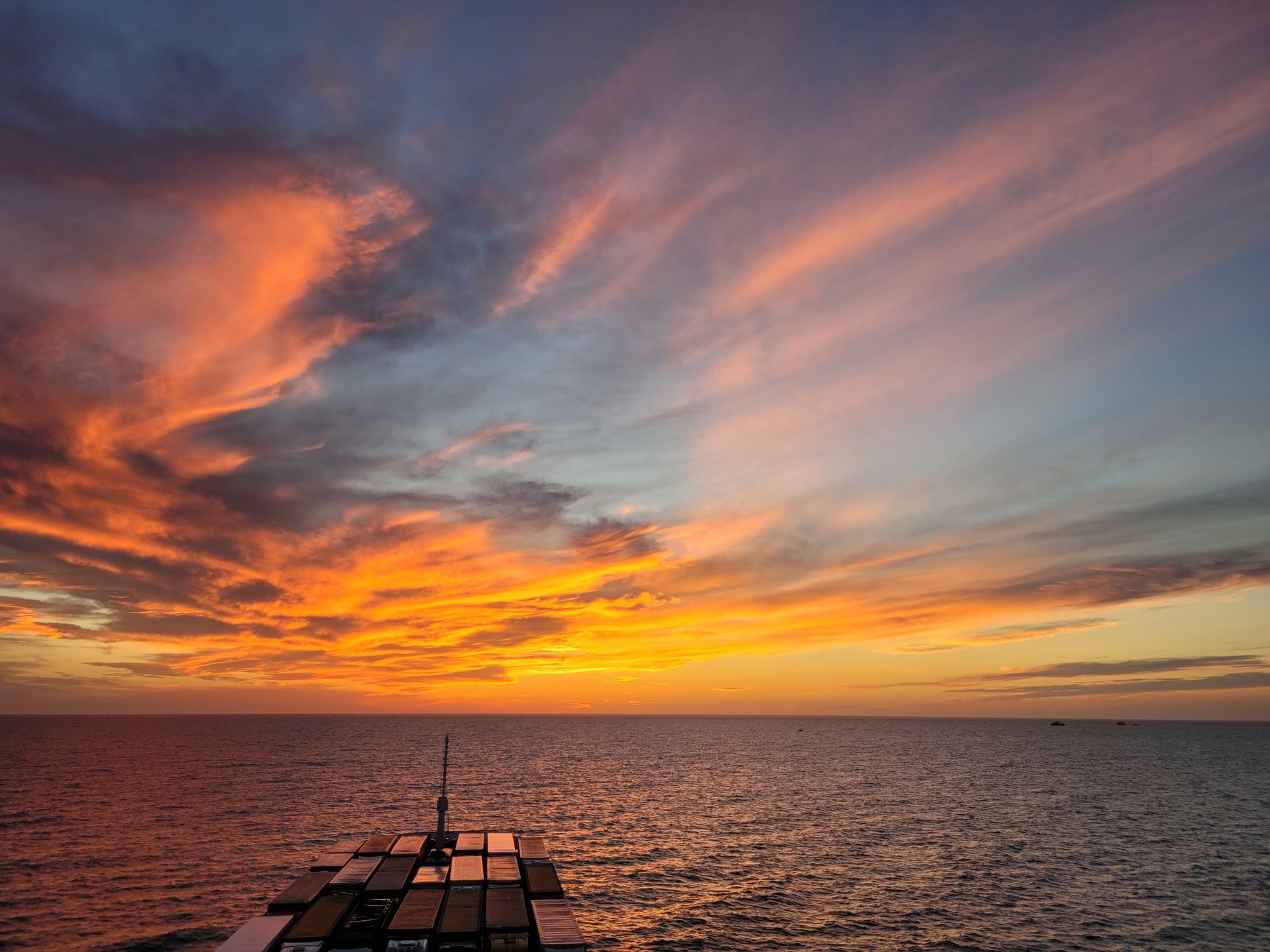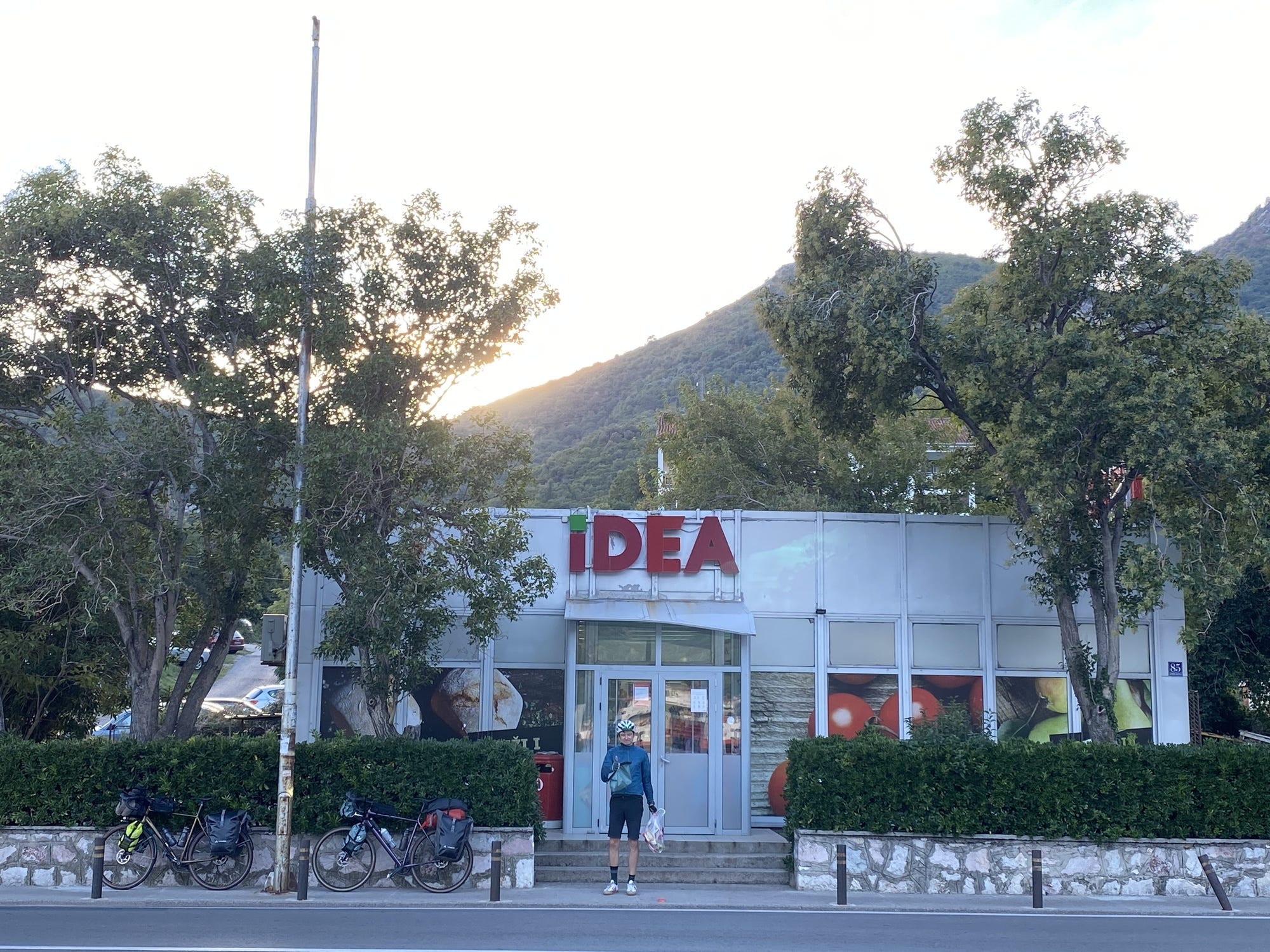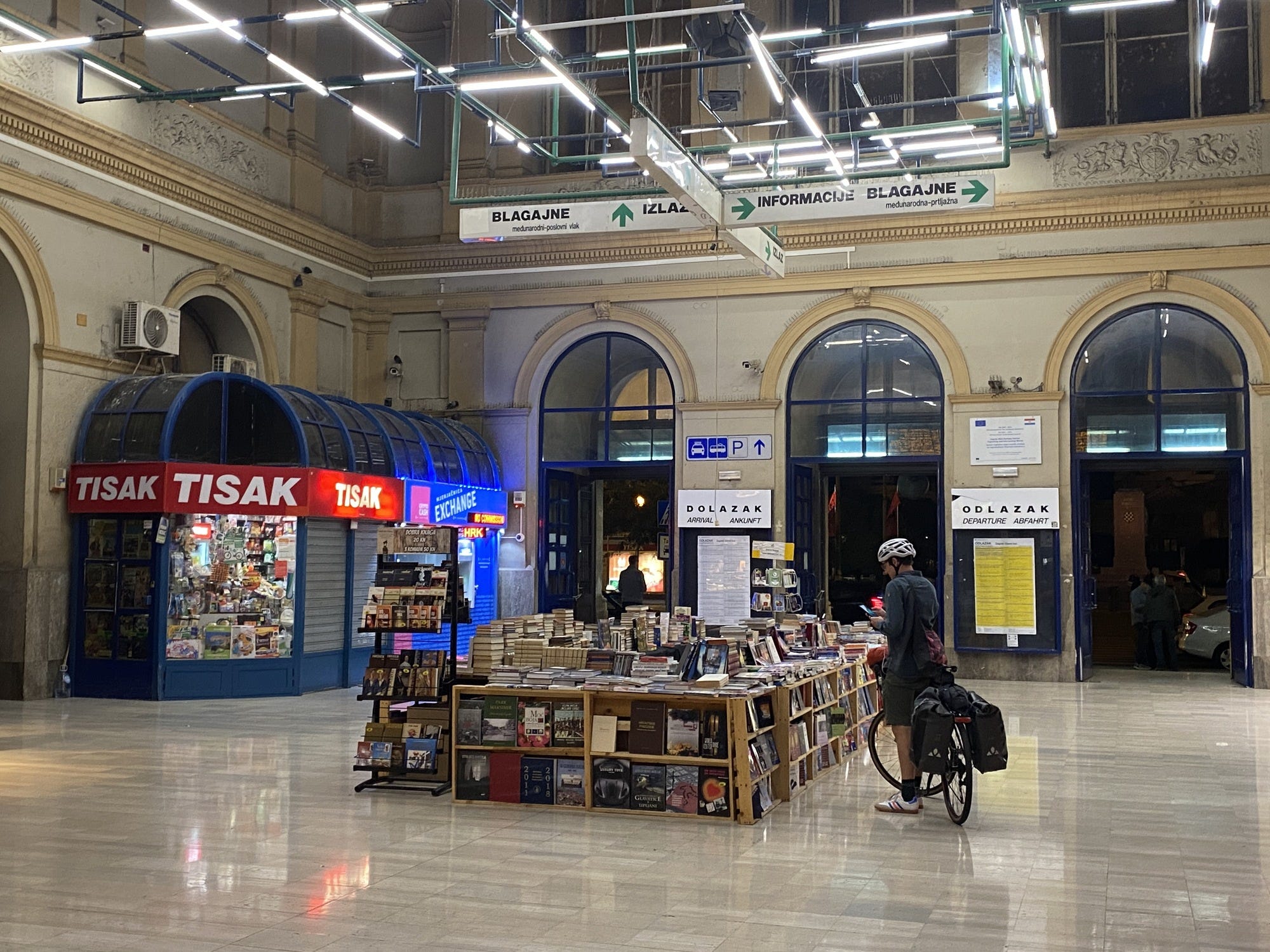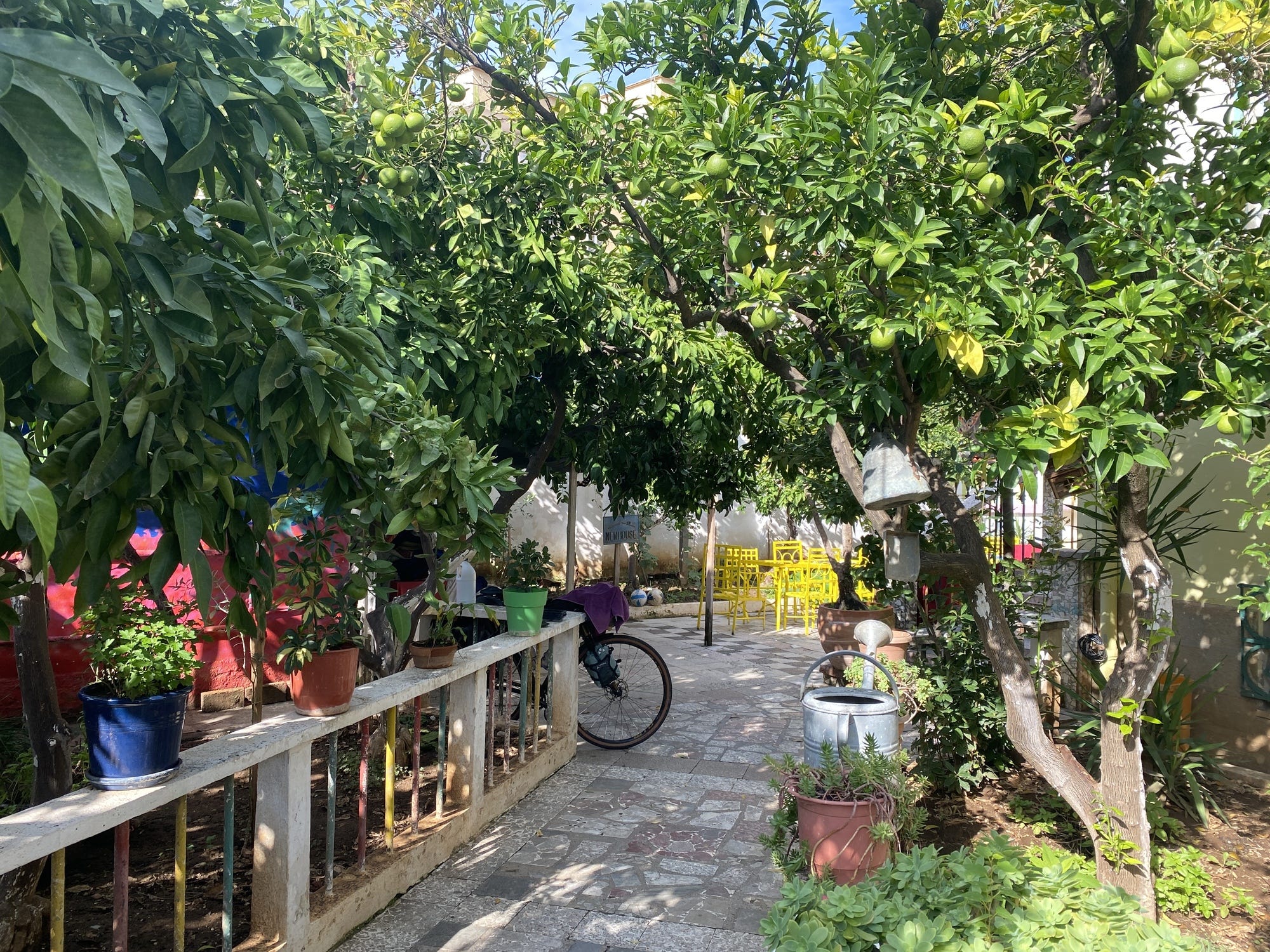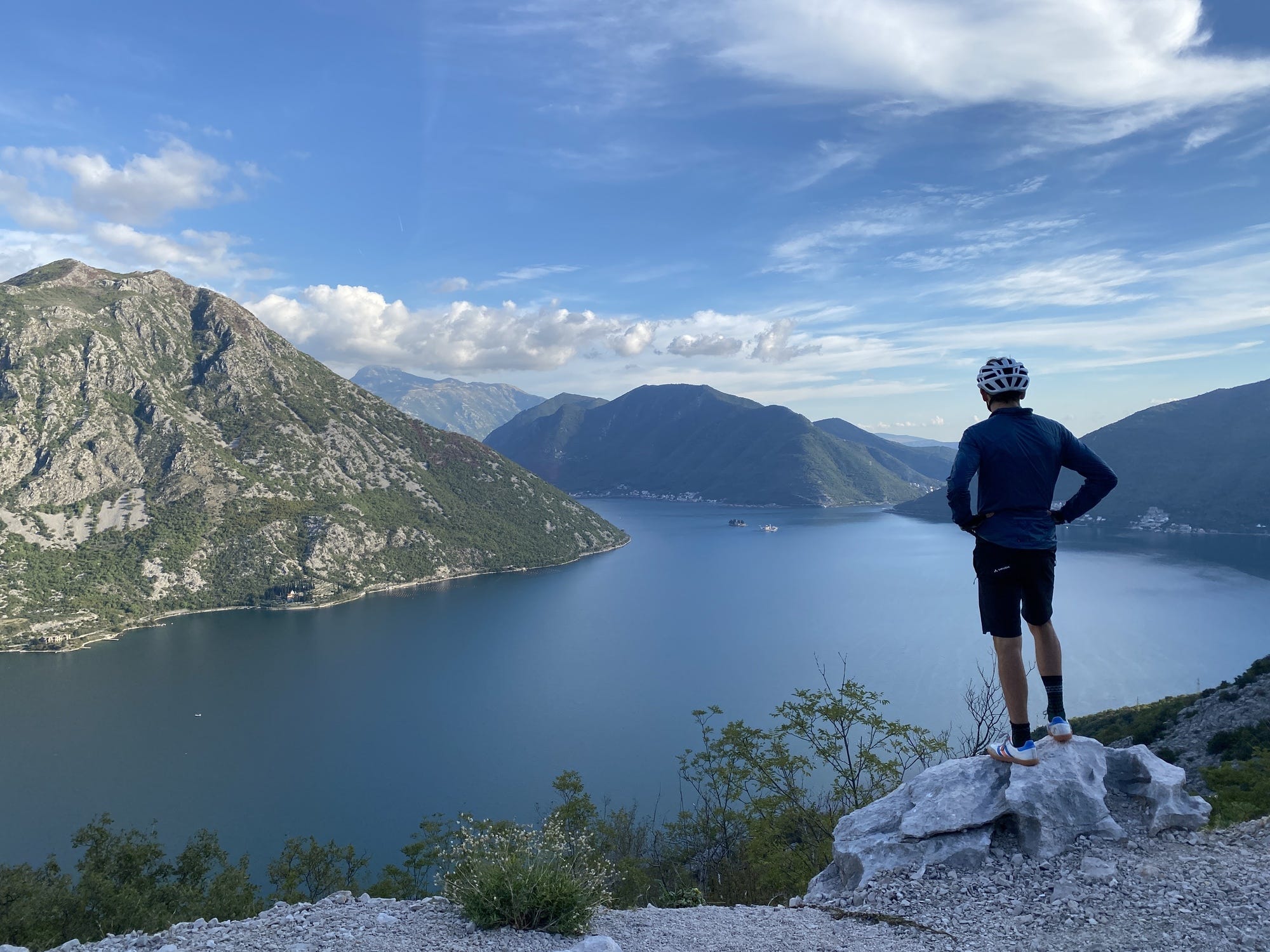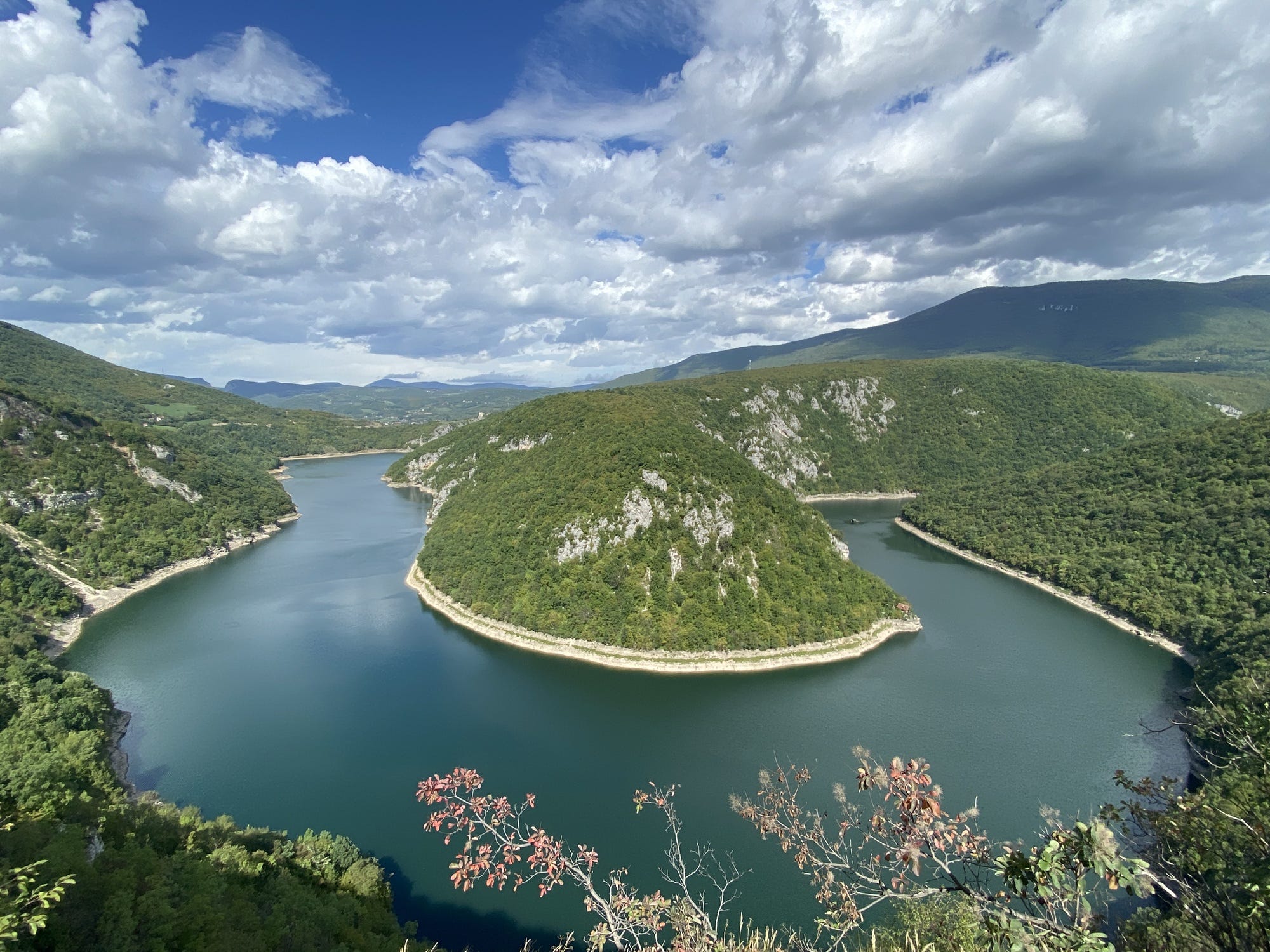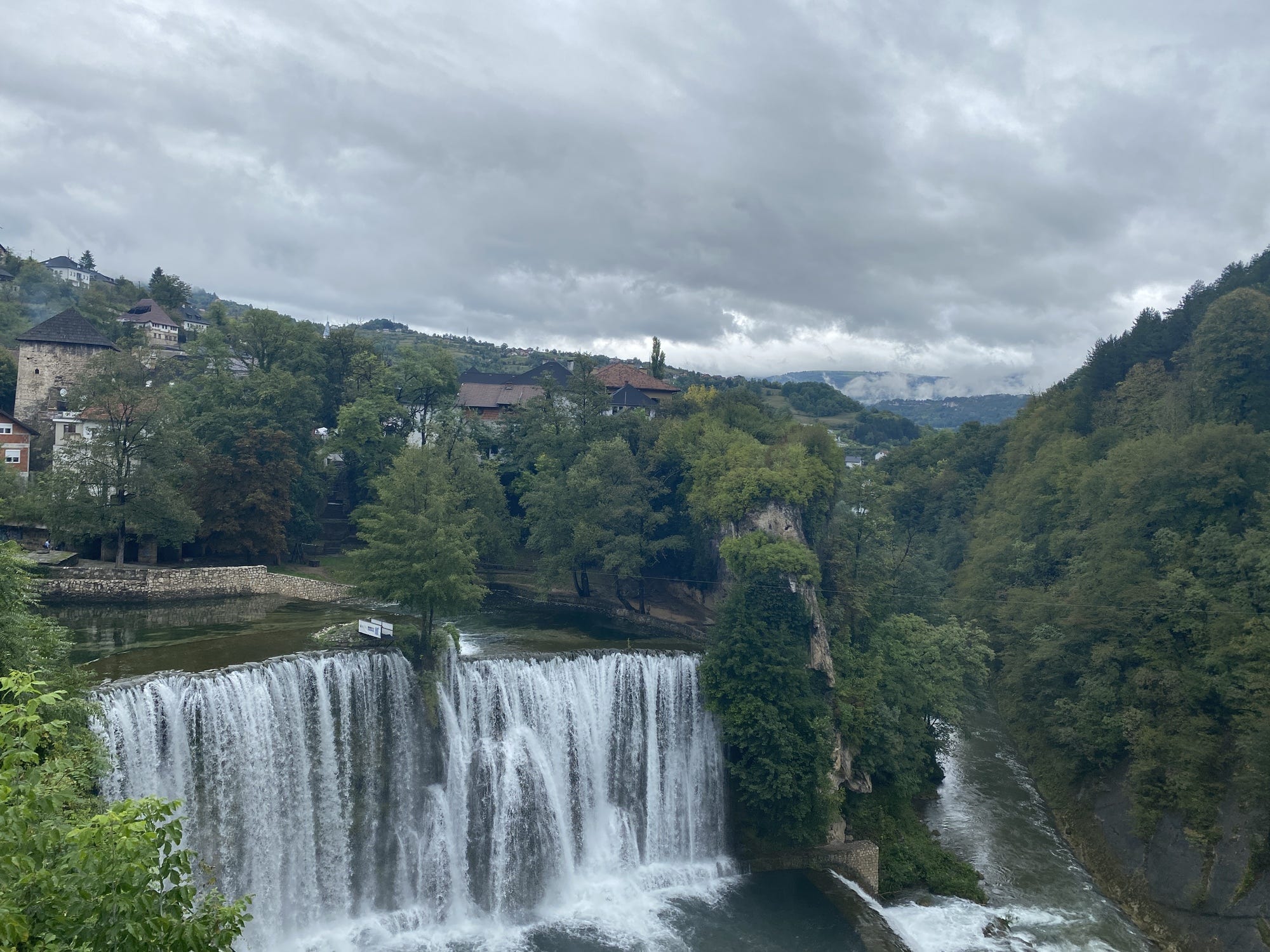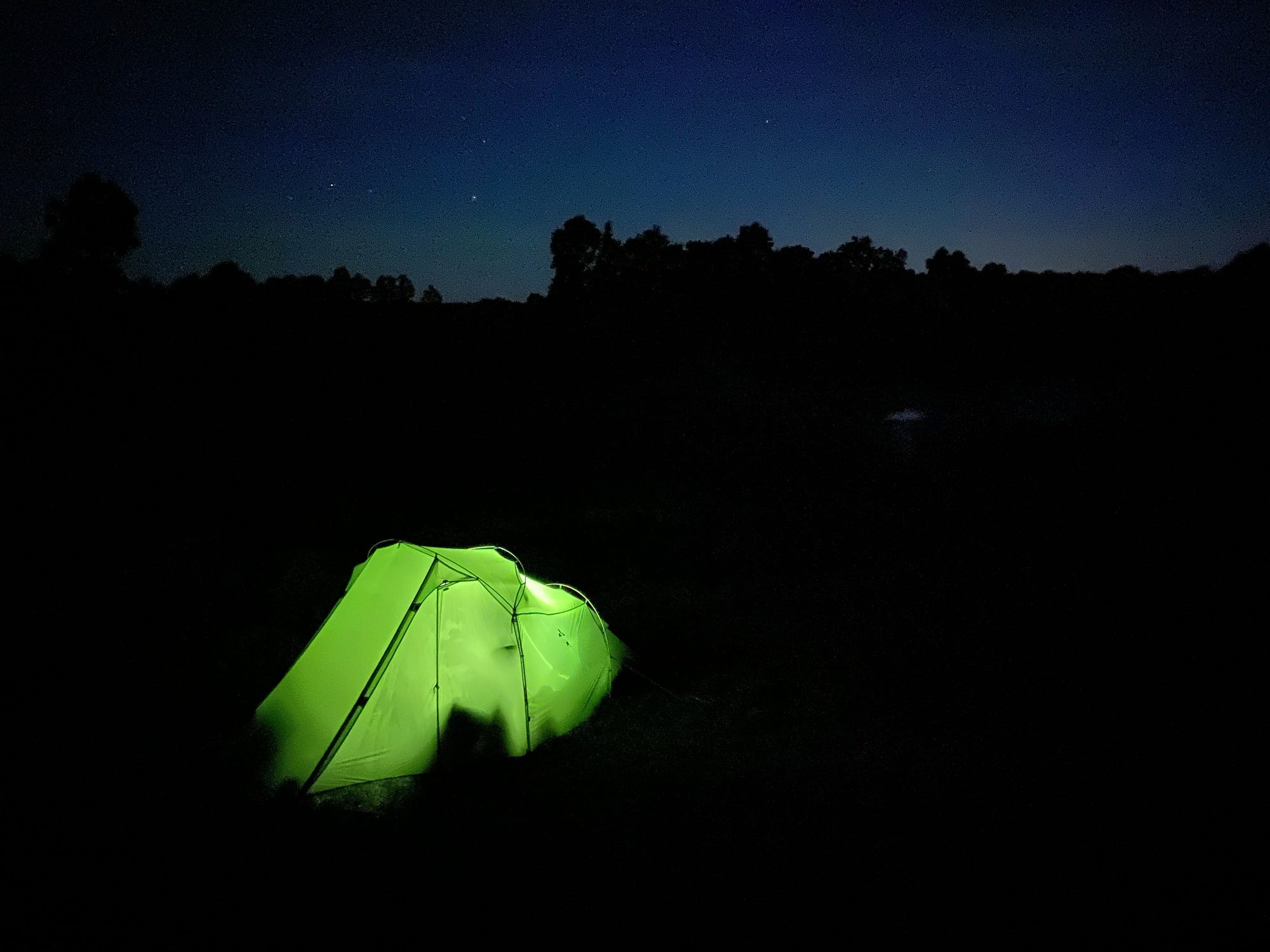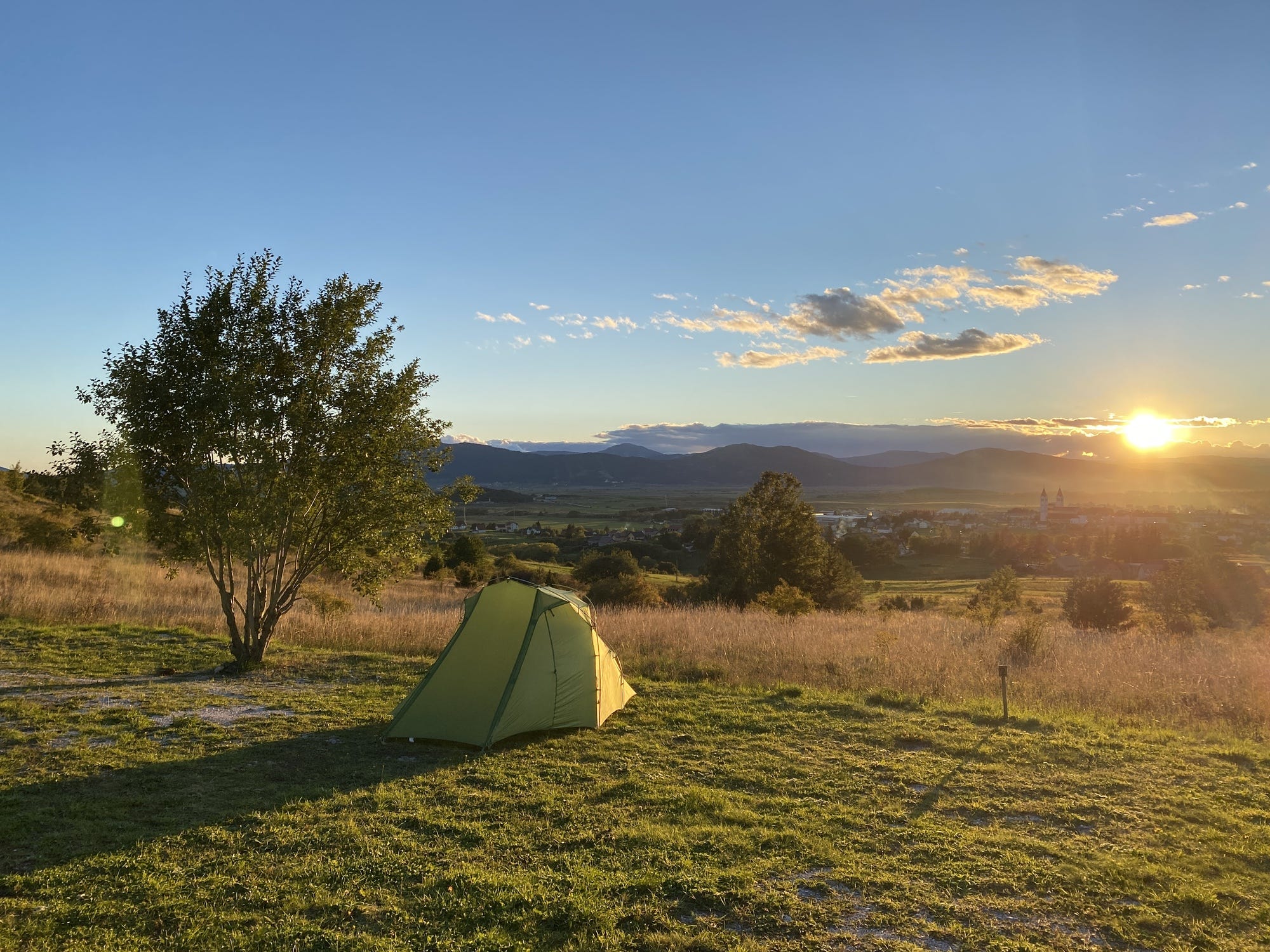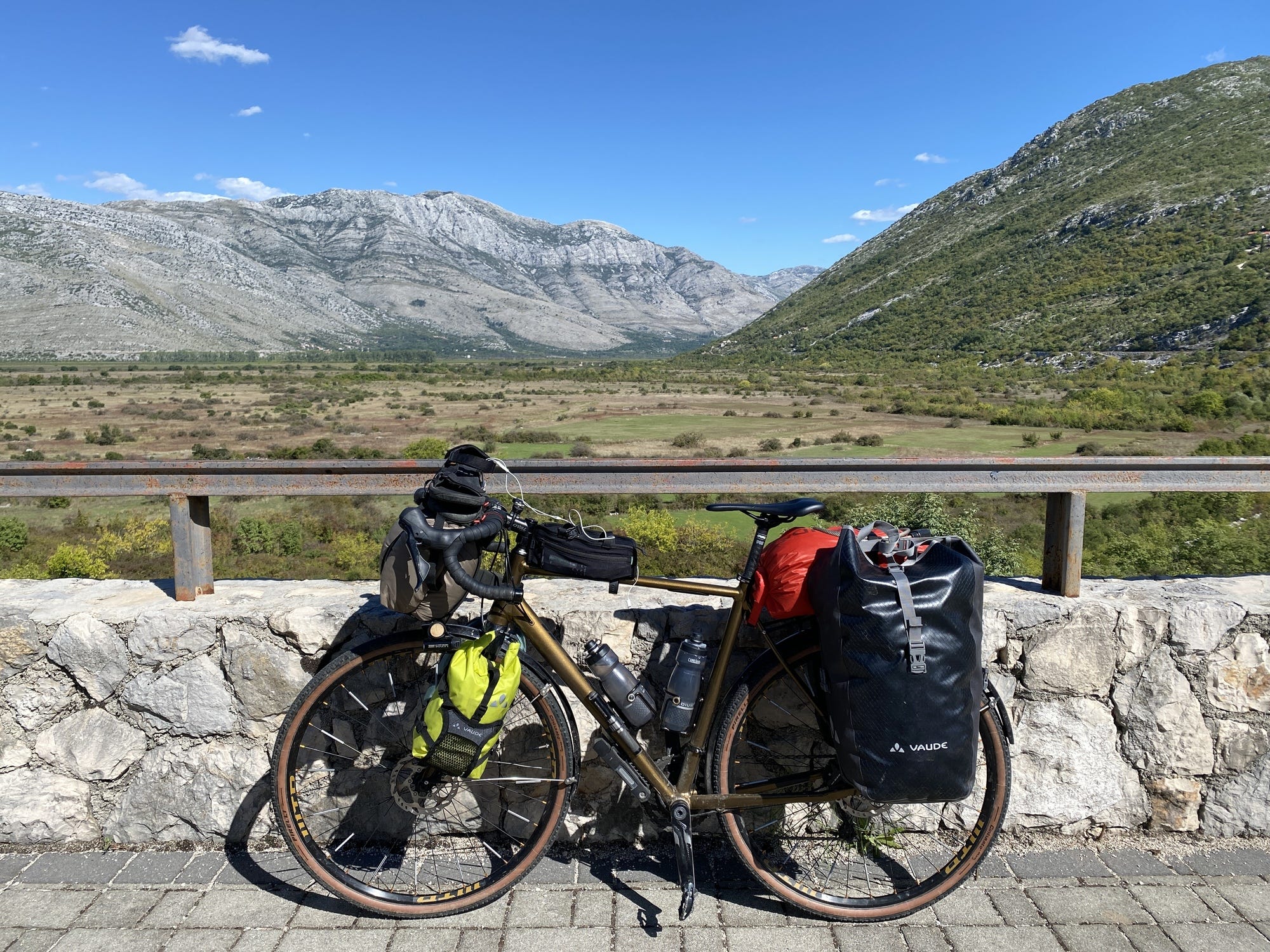Balkan Bikepacking: With the Gravelbike from Zagreb to Tirana
Cycling together, soaking up some sun and experiencing a few adventures - that was the vacation wish of the two VAUDE colleagues and friends Felix Storch and Robert Klauer. Looking for a destination for a three-week gravel bike tour, their choice finally fell on the Balkans.
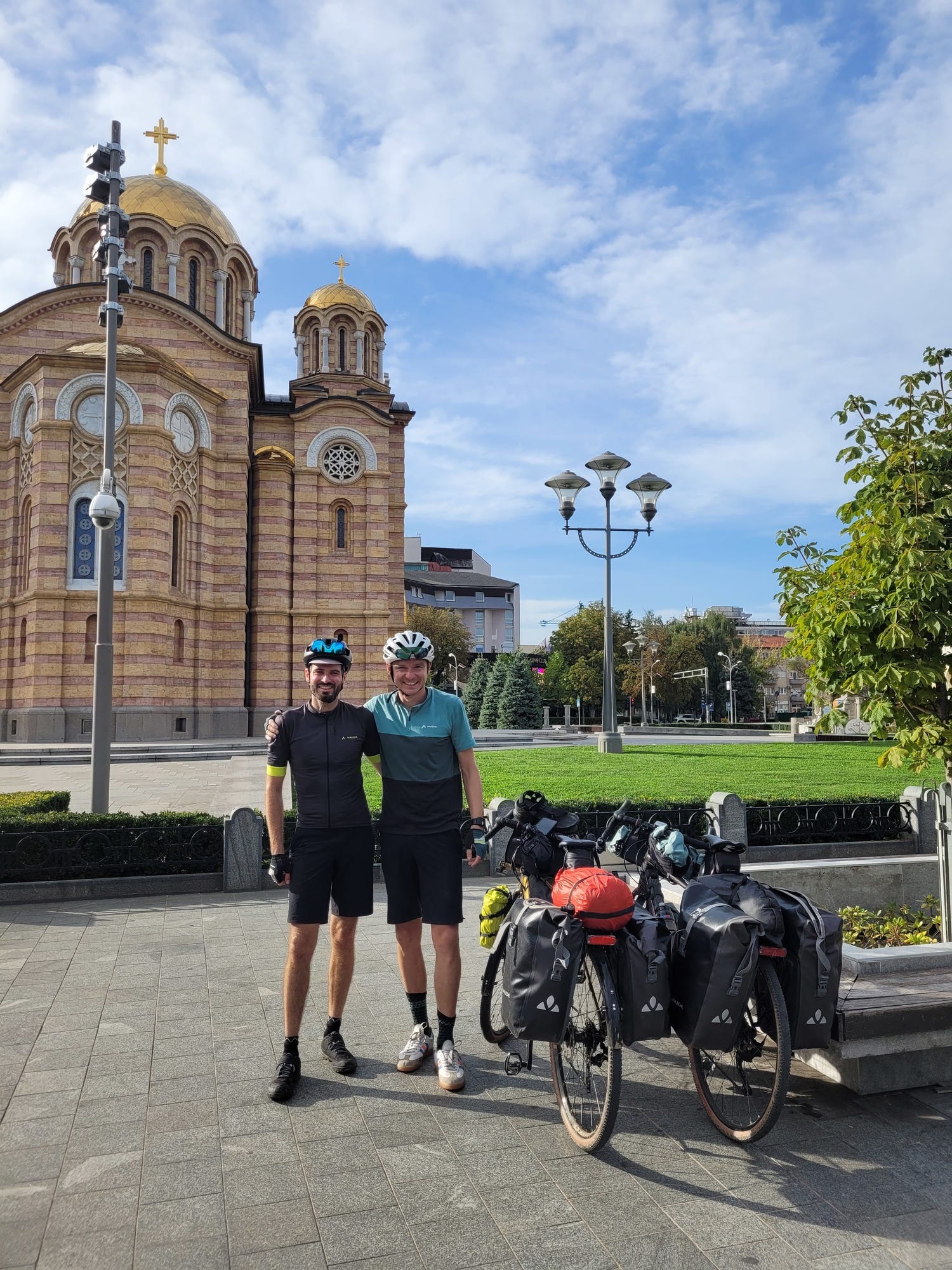

VAUDE: You rode from Zagreb in Croatia, through Bosnia and Herzegovina and Montenegro to Albania. How did you decide on this route?
Felix: For us, the bicycle is the optimal means of travel. You can get anywhere, stop anywhere and quickly come into contact with people. Robert and I have often done smaller bike tours together, but they were usually only about five days long. We've been on the road a lot in the Alps, but now we wanted to go to an environment that we didn't know so well and thus offered room for new adventures.
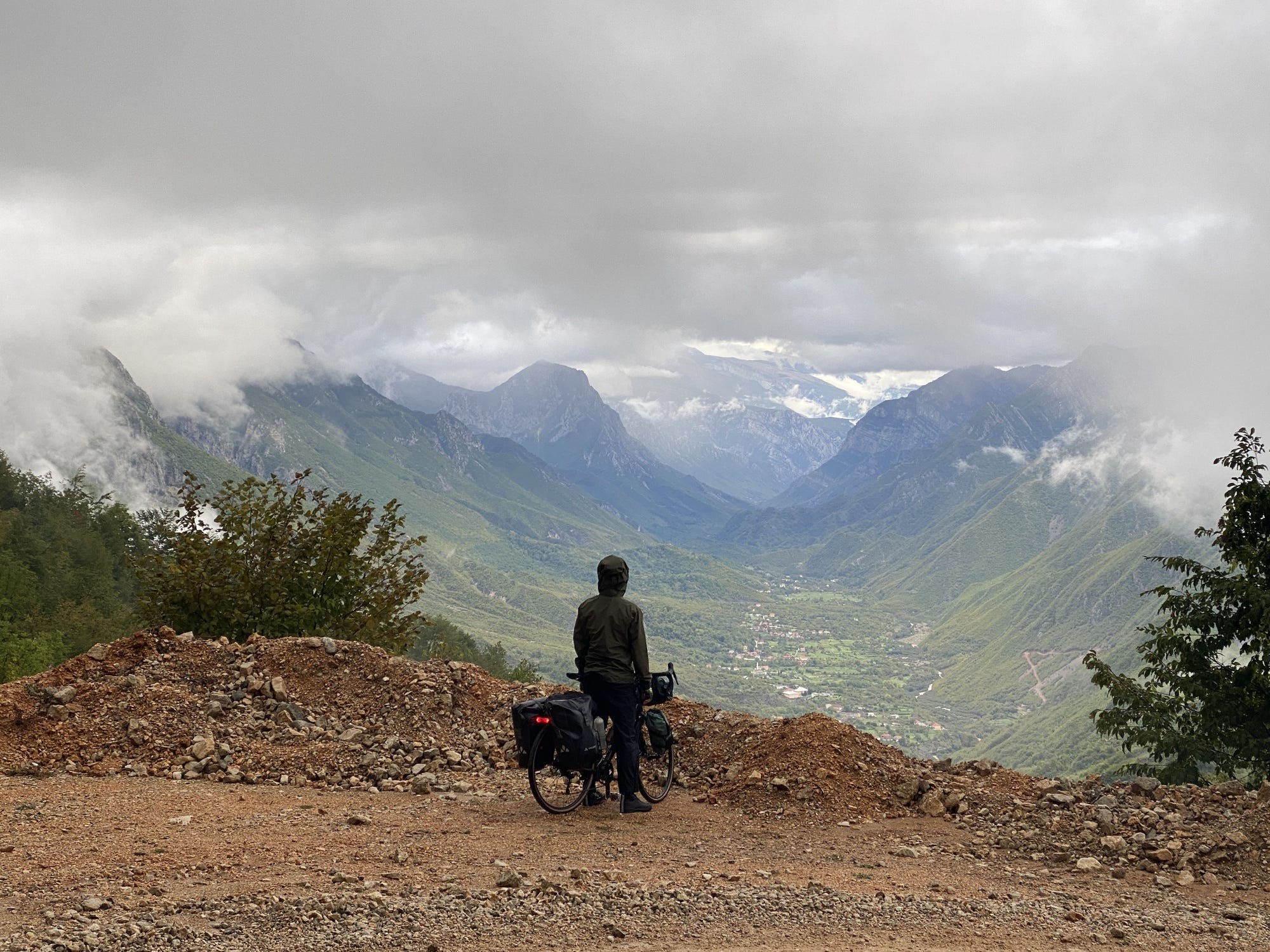

Robert: We had three weeks, and our dream destination should be easily accessible by train - flying was not an option for us. We briefly considered Scandinavia, but then worried that it would be too cold there in September. And because we wanted it just a little warm, we came to the Balkans, more precisely the Western Balkans and this route. Originally, we had planned to visit Sarajevo and the Durmitor National Park, but due to weather conditions and time constraints, we cancelled that on the way. Instead, we cycled towards the coast, where it was almost ten degrees warmer.
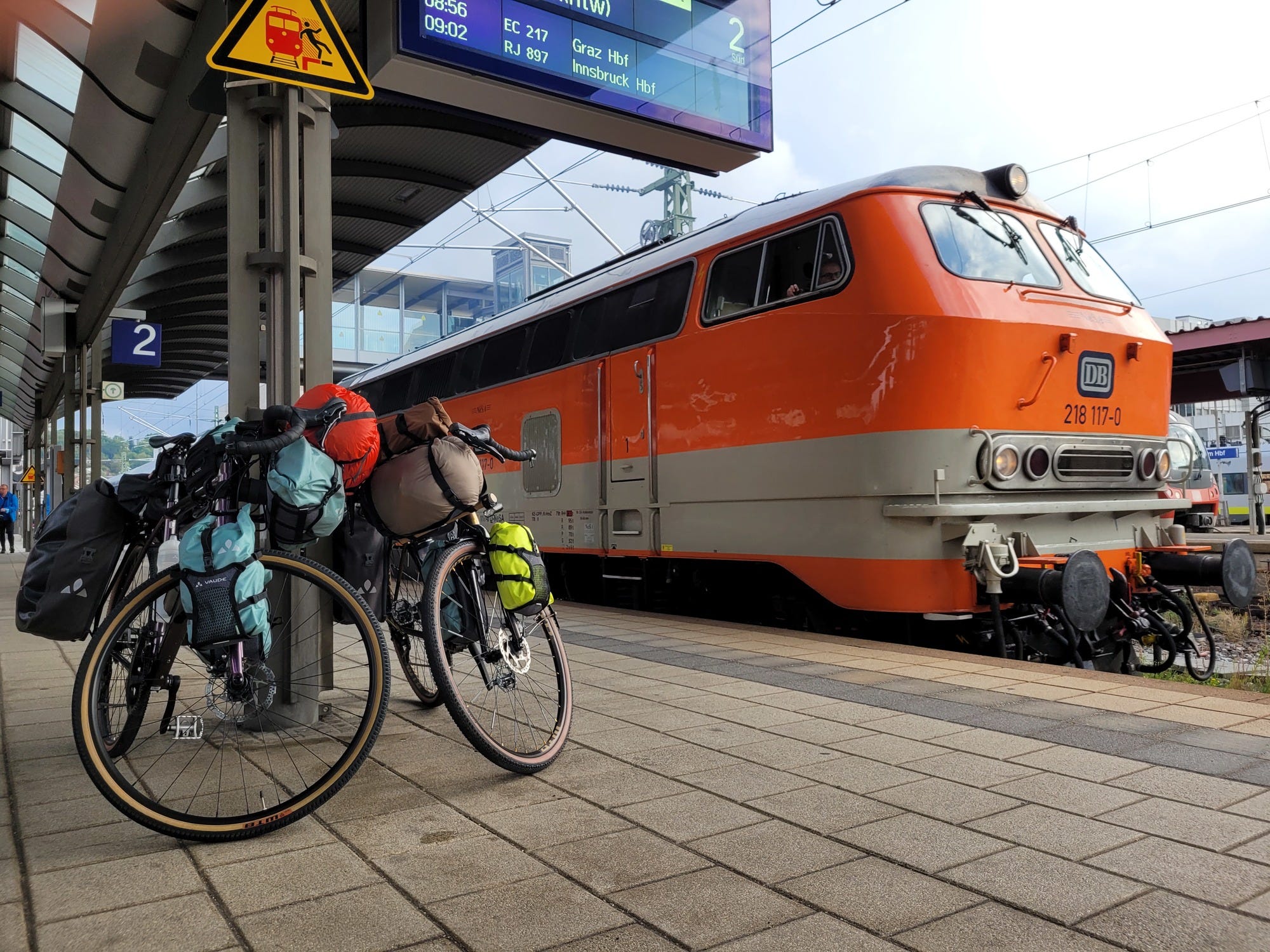

VAUDE: How did you prepare for your bikepacking tour?
Robert: Basically, we are quite experienced when it comes to bikepacking. We got ourselves a second stove and got tips and maps from colleagues.
Felix: Exactly, it was not a huge effort, because we do not start from scratch. We just had to be prepared for the fact that this tour would be longer than our others. We voted on who would take what with them and thought about what clothes we would need. We also got warm sleeping bags because it gets quite cold at night.


VAUDE: When you look back now - what was superfluous and could well have stayed at home?
Felix: I had my binoculars with me. That's actually cool, but unfortunately I didn't use them this time. I also had a clothesline and clothespins with me. Also completely superfluous (laughs).
Robert: For me it was the second pair of cycling shorts and the second jersey. In addition, it could have been one jacket less.
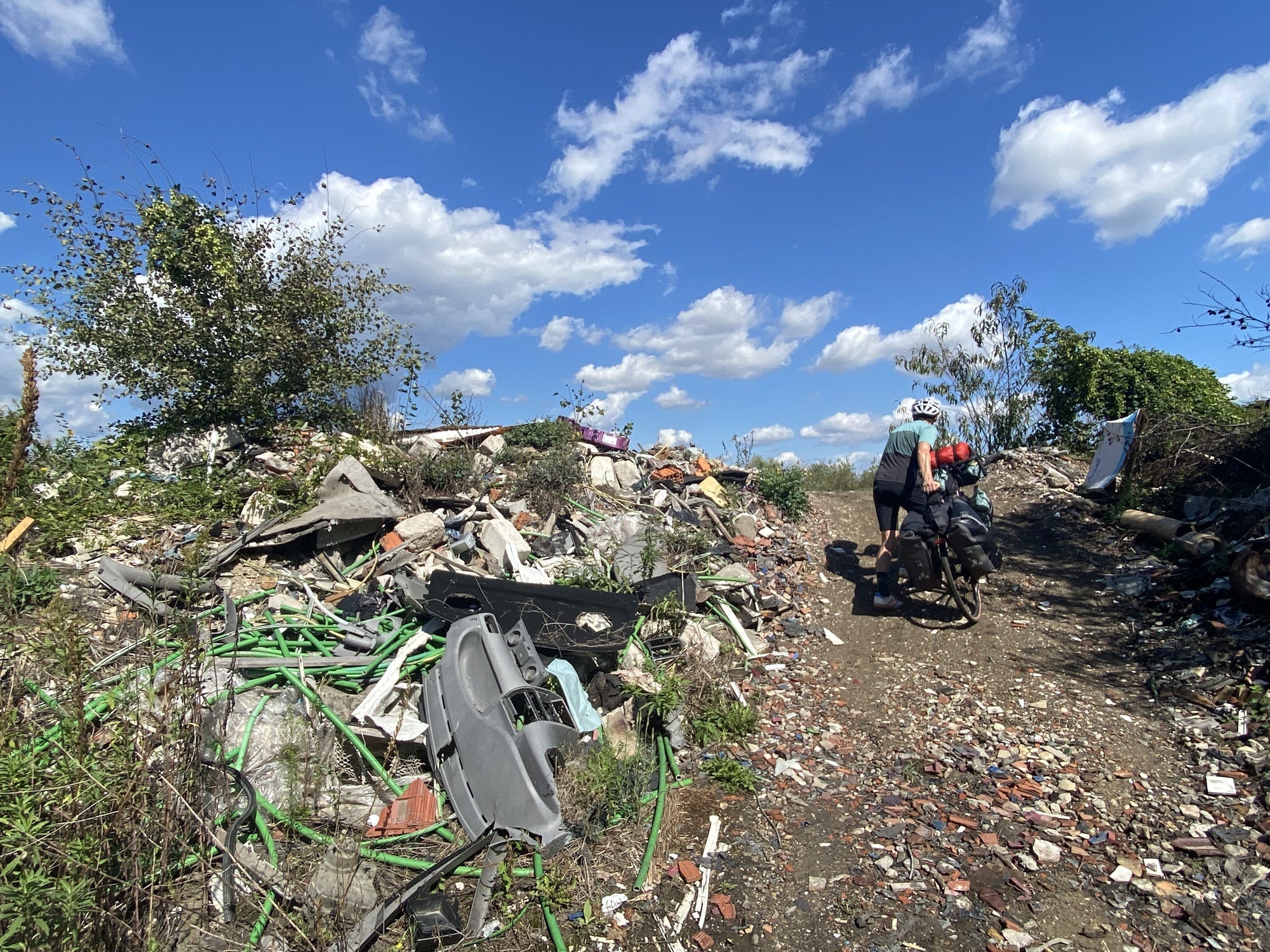

VAUDE: What was it like to finally be on your bikes in Croatia?
Robert: We had a hostel in the center of Zagreb, and it was an awesome feeling to roll out of the city center, away from civilization, into nature. The sun was shining, the route was along a gravel path on the Sava River. It was really wonderful!
Felix: The change from civilization to wilderness on the first day happened really fast. The first few kilometers out of Zagreb were still partly through unsightly illegal garbage dumps, but after a few hours we found ourselves in beautiful nature.
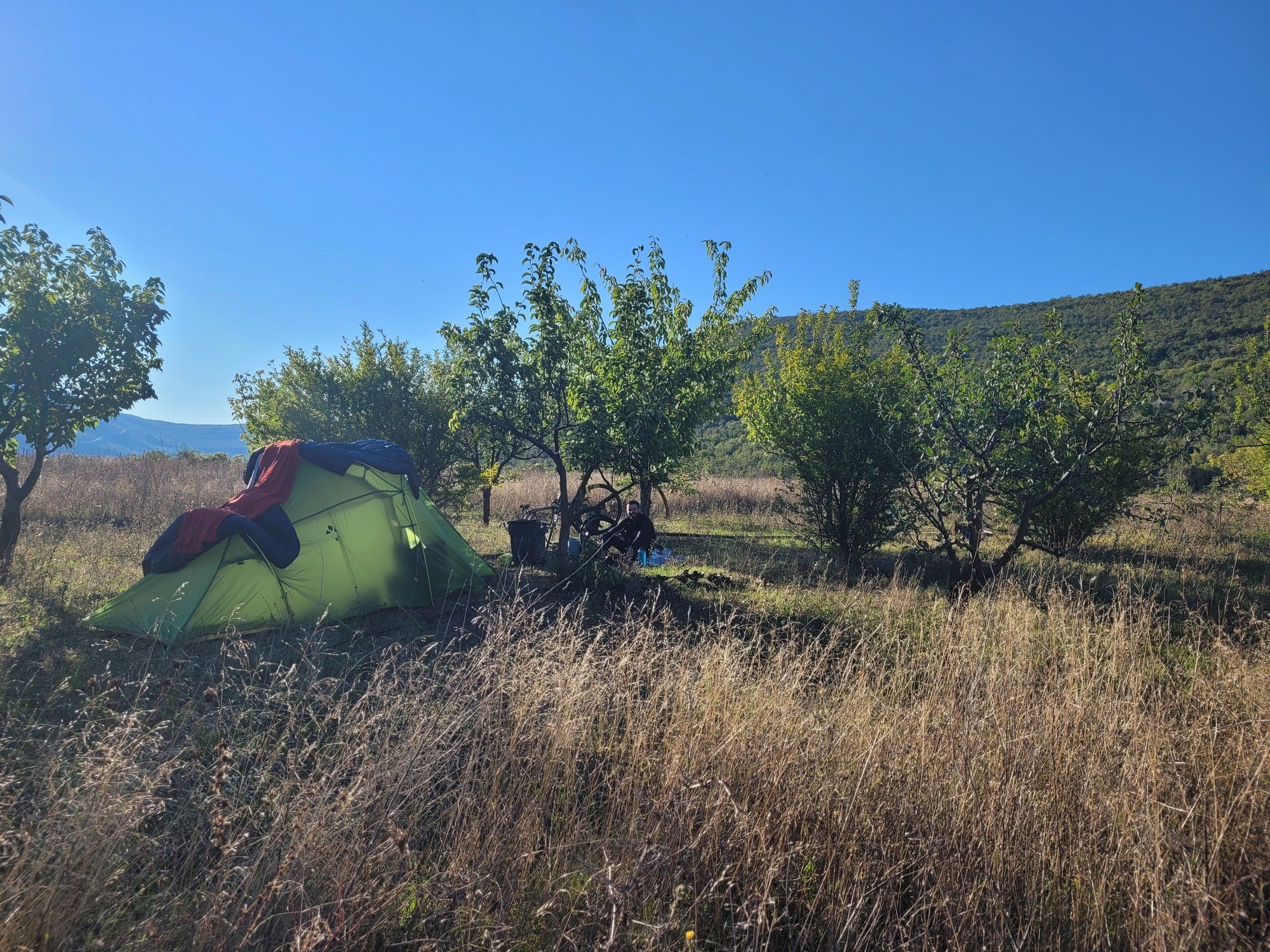

VAUDE: How and where did you spend the night?
Felix: We had the ultralight tent Chapel SUL XT with us, a single pitch tent that can be set up quickly with a little practice. This meant we were independent in terms of our choice of sleeping place and really comfortable on the road, as the tent offers a lot of space. After two days we were pitching pros and had it up within five minutes.
Robert: The first night was one of the most exciting. We had found a relatively wild and beautiful spot near the Sava River and far from the nearest village. We cooked, ate, and sat in the darkness quite soulfully enjoying the starry sky. Suddenly dogs started barking and we heard loud yelps and howls. Wolves?! We then quickly crawled into the tent. When I went out again later, there was a man standing nearby with a rifle. "I'm a hunter, no problem!" he shouted. I asked him about the wolves, and he advised us that they were jackals - "no problem!". We googled them, and they are rather smaller wild dogs, and with this knowledge we were able to sleep quite well after the excitement.
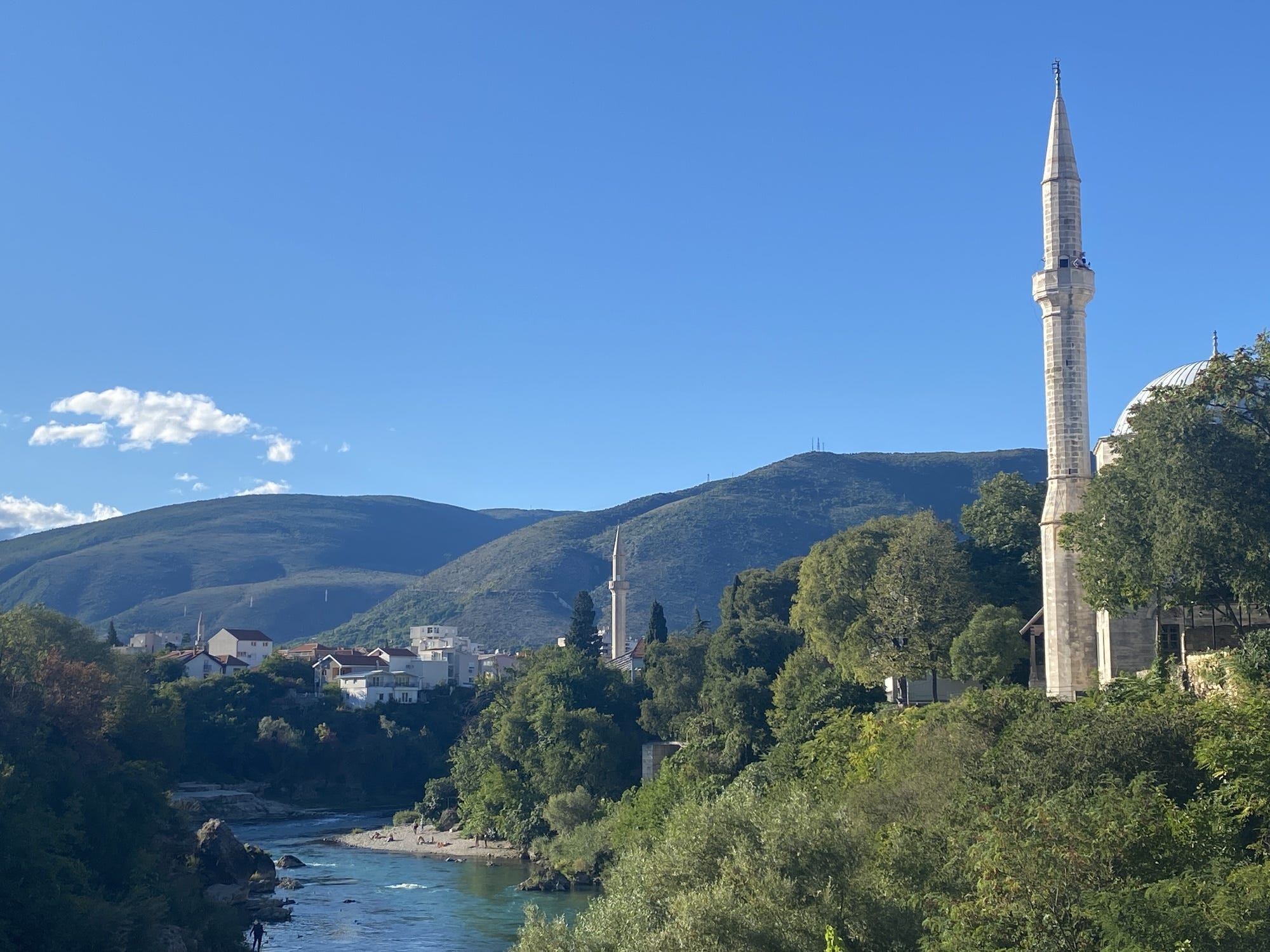

Felix: "Normal" free running dogs were also there. There was no really frightening experience, but they ran up to our bikes and chased us a few meters. They didn't snatch, but it wasn't that great anyway.
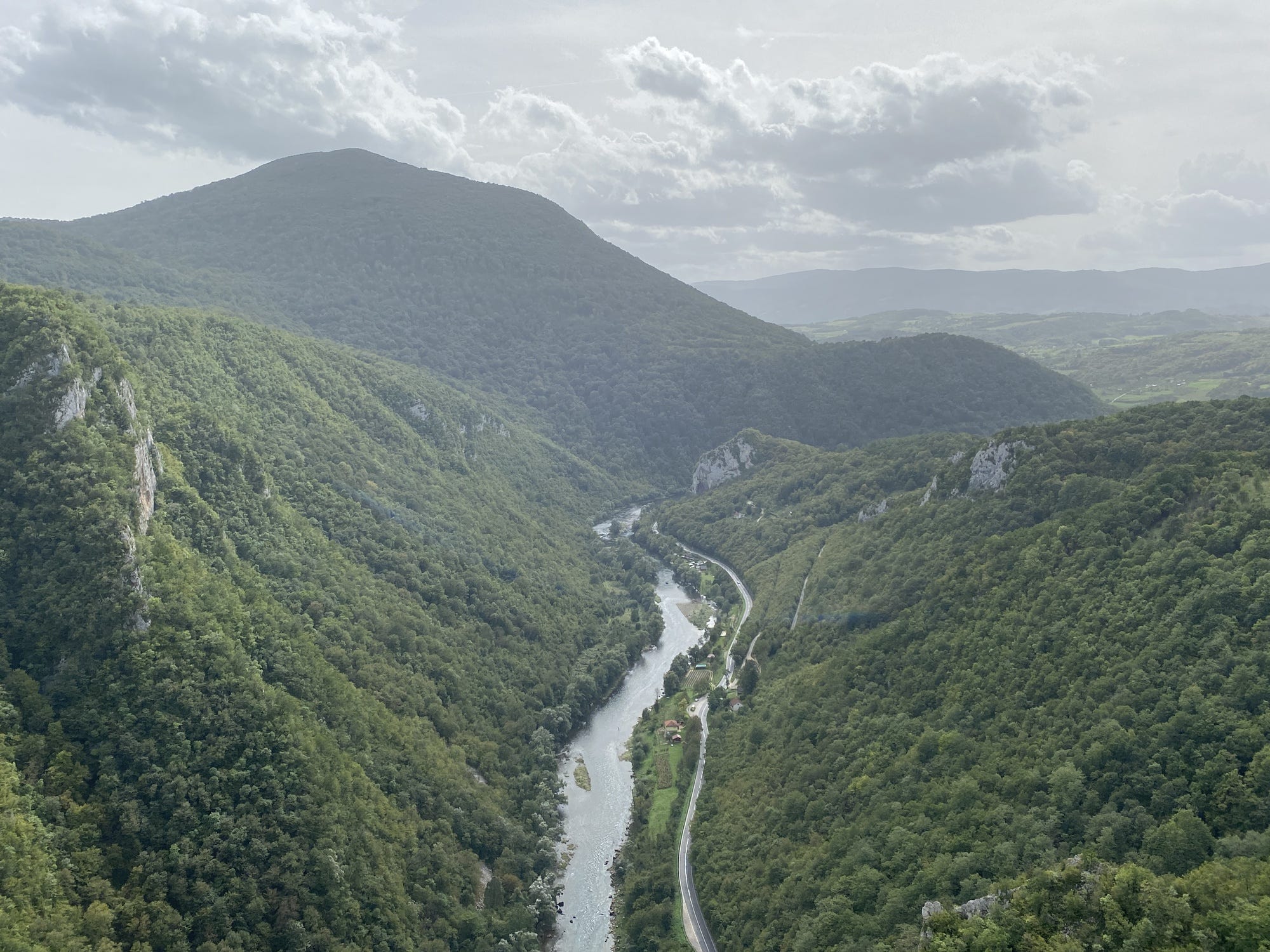

VAUDE: Which larger city did you head to after Zagreb? And what was the next step?
Felix: Our next major destination was Banja Luka in Bosnia and Herzegovina. We cycled for two days through Croatia, along the Sava River to the Bosnian border. Wilder and wilder, much more nature, beautiful scenery. We both liked Bosnia and Herzegovina insanely. It's hilly, with lots of forest, lots of rivers and lakes, and it's incredibly green.
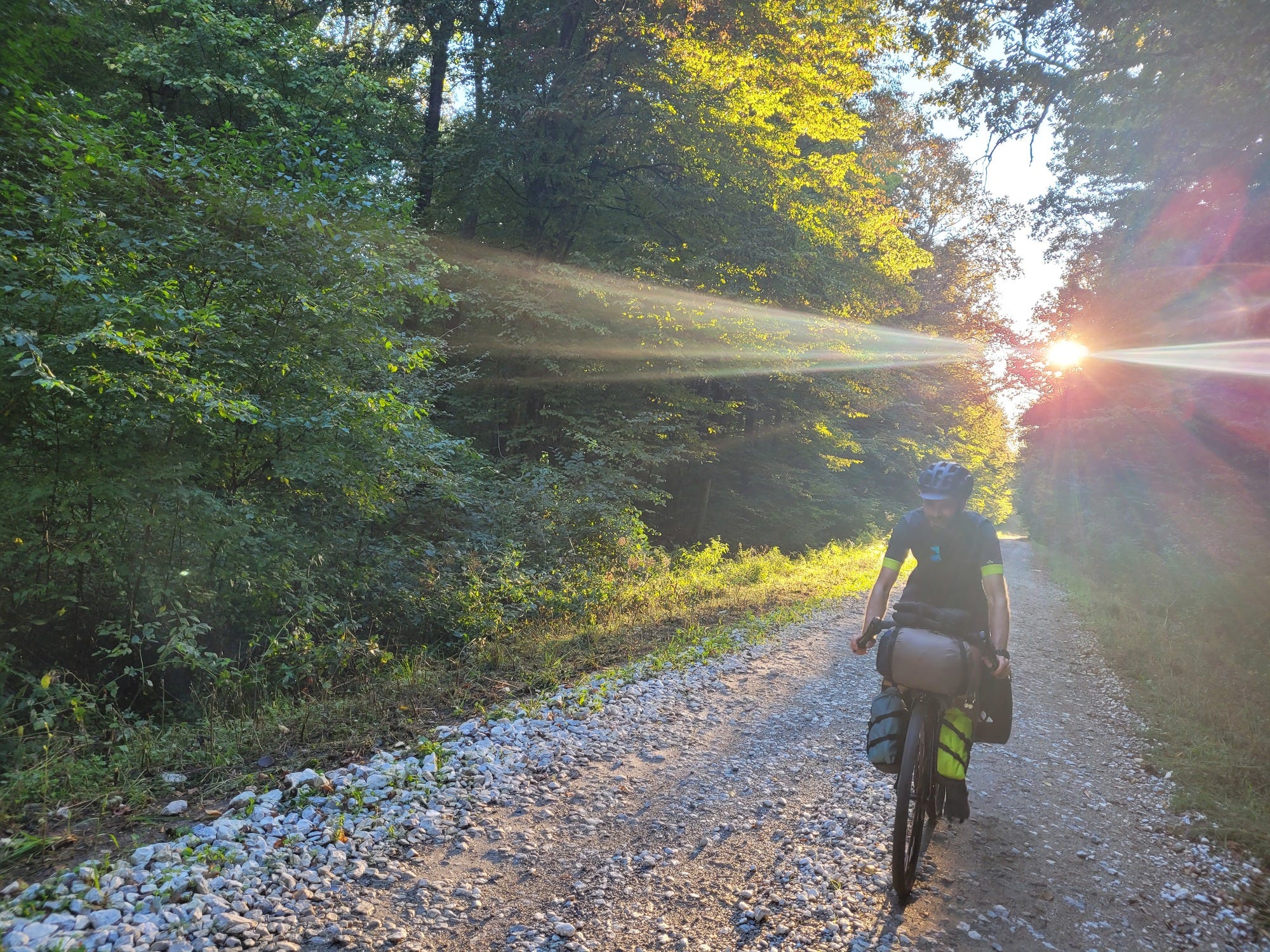

Robert: We were immediately approached everywhere we went. Mostly in front of the mini-supermarkets where we stocked up, we were always asked directly where we were from, where we were going, and how we liked it. In front of one of these mini-markets we met a man, Goran, who took us to his garden and showed us his grape and apple trees. With these he then generously supplied us and the fruits were really delicious. We were really impressed by the hospitality we experienced everywhere. Many older people could also speak some German, because they lived in Germany for work and/or during the Bosnian war for a longer time. At one point, however, Felix also spoke perfect Bosnian.
Felix (laughs): Yeah, I typed something in via Google Translator and didn't check that you could just play the translation. So I read it out myself and I don't think I had much of an accent because everyone looked at me in amazement and understood me really well, it was pretty funny.


VAUDE: You just mentioned stocking up in supermarkets. How did you manage the culinary aspect of your tour?
Felix: We are both vegetarians or vegans and knew beforehand that this would not be so easy in our travel countries, especially in rural areas. We decided to eat then just sometimes Cevapcici, because we also did not want to cook every day itself and were in the evening also sometimes a wine or beer drink.
Robert: But there were also these dumplings, burek, filled with cheese, spinach or tomatoes. Very tasty! Those were our vegetarian staples, but by the end we had a little bit over those because we were really getting those all the time. Other than that, we had porridge and pasta with us that we added fresh fruits and vegetables to.
Felix: And from about Mostar, in the south of Bosnia and Herzegovina, you see pomegranate bushes and trees everywhere. I tried the wild ones on the bushes, they were terribly sour, but the big fruits and also the juice taste really fantastic.


VAUDE: What were your highlights of the bikepacking tour?
Felix: There were so many highlights. I simply loved Bosnia and Herzegovina, especially the canyon between Banja Luka and Jajce. On the sides, rugged rock faces rise into the sky, framed by forested hills, and in the middle, the Vrbas River winds its way down below. We were able to roll through this canyon for about 60 kilometers on a road with little traffic. Fantastic!
Robert: One of my highlights was Lake Scutari, the border lake between Montenegro and Albania. There also runs a part of the Euro-Velo 8 (Mediterranean route). It was always uphill and downhill and we certainly did 1500 meters of altitude that day. The path meandered along the green, hilly shore and in between we had again and again the feeling to look at the sea instead of a lake.


VAUDE: How did it feel to finally arrive in Tirana after so much landscape and vastness?
Felix: In Albania, it was immediately noticeable that bicycles play a bigger role. The cityscape was lively, colorful and studenty, and the traffic on the main streets seemed quite relaxed to us. Bicycles were part of the cityscape, and unlike the other countries we passed through, there were even structurally separated bike lanes. Culturally, Tirana also made a very exciting impression on us - for example, the Tirana International Film Festival was just taking place. I would have liked to stay a little longer and continue exploring.
VAUDE: Did you have a fixed schedule?
Felix: We took a break after two or three days, we didn't drive through. We liked Bosnia and Herzegovina so much that we took our time to explore the country. For example, we went to a climbing festival near Banja Luka, spent two days at a yoga retreat, and soaked up culture in Jajce and Mostar. We then had a little less time in Montenegro and Albania, but we didn't want to stress ourselves out.
Robert: No, we had only booked the ferry from Durrës to Ancona beforehand. So the only requirement was to be in Tirana or Durrës that day. For me, it was important that we find our rhythm and be able to perceive the moment. Not to say "either or", but "both and". So that, for example, one is sometimes a bike traveler and sometimes a participant in a yoga retreat. Being on the bike opens up many possibilities. Every day we can decide anew what and where we want to be today. And being in the here and now, enjoying that, we did well.
VAUDE: Thank you for the interview!
